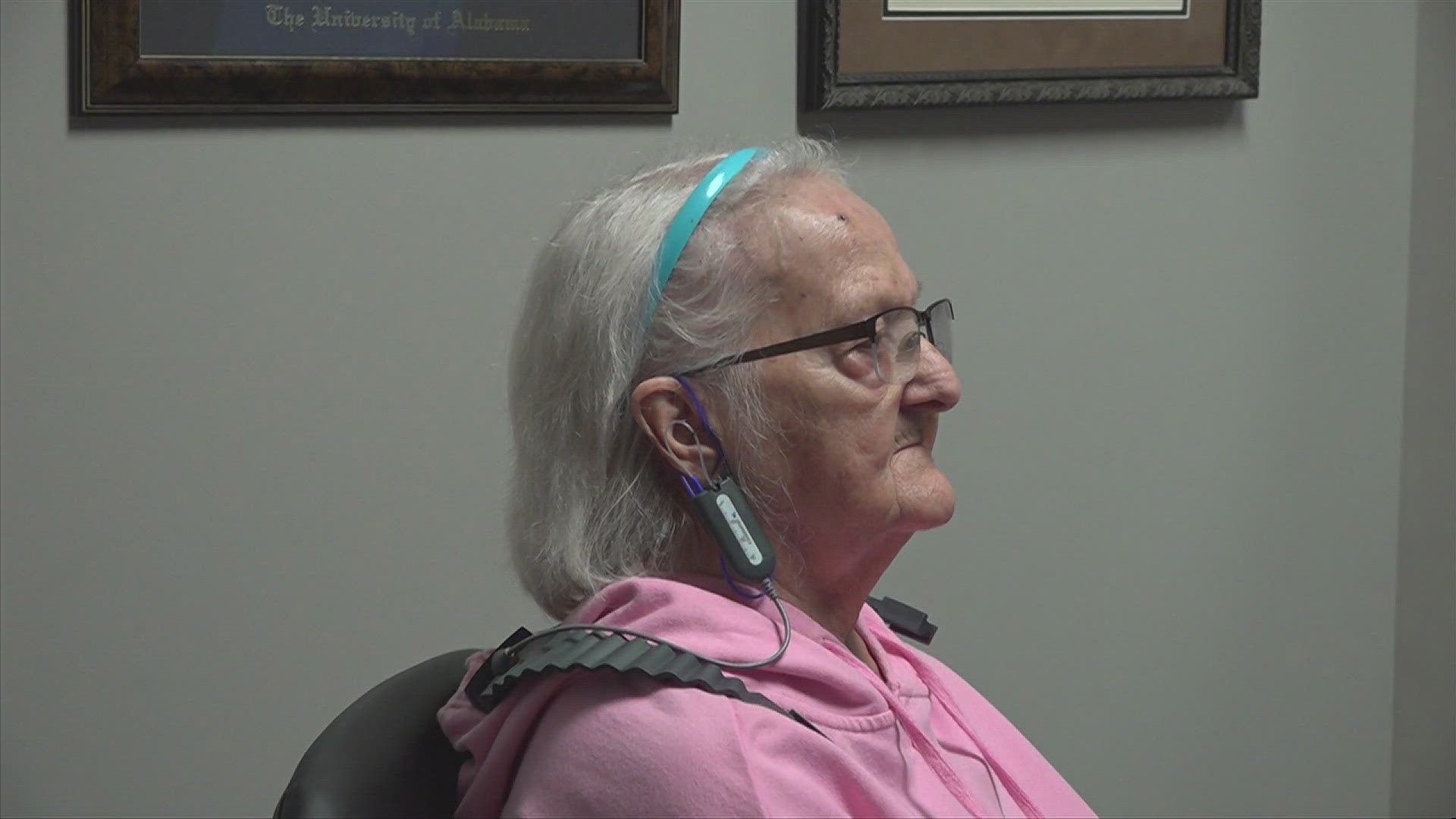ALABAMA, USA — Alabama is one of only three states in the country that puts a tax on hearing aids. However, it won't be that way for long. Lawmakers are listening and want to change how Alabamians pay for hearing aids.
Representative Margie Wilcox for Montgomery explained that last summer, a constituent of hers in Mobile, Alabama, contacted her with some information he (Wilcox's constituent) was surprised to learn. "He was surprised to learn that when he went to go check out, he had health insurance, but he owed $1,000.
Wilcox was told $1,000 was the co-pay and the taxes, and the insurance company did not pay the tax portion. "He was surprised to learn that. And then also told me that if you had just driven to Pascagoula or to Pensacola, one hour east or west, he wouldn't have had to pay that tax. So he he implored upon me to fix that."
Wilcox filed House Bill 51, to remove state taxes on hearing aids throughout the state. "But, when I passed the bill, an amendment was put on there that I could only remove the state's portion of the tax." After that, Wilcox said it would be left to the individual cities and counties to remove their portion. "So I'm thrilled to say that Madison is the first city that I know of that is seeking to remove that. The state portion will be removed October 1. If they need a hearing aid before then, I'm sorry. Maybe the city of Madison's tax will be removed before the state portion. I cannot remove until October."
Wilcox continued that Alabama is 1 of only 3 states in the U.S. that taxes hearing aids. "So it puts our citizens, our vulnerable citizens, at a particular disadvantage.
Alabama Department of Rehabilitation Services Commissioner Jane Elizabeth Burdeshaw said sometimes that particular disadvantage starts in the workforce. "A set of hearing aids that are tuned specifically for a person's needs, individual needs can run around $6,000, 5 to $6,000 for private pay. But when we talk about insurance or Medicaid, even if those the actual hearing and you're covered, if they're still taxed, you can imagine that that's still hundreds of dollars. And so, if a person is living check to check and needs that income, then that hundreds of dollars can make the difference in whether or not they're able to pay their bills that month."

